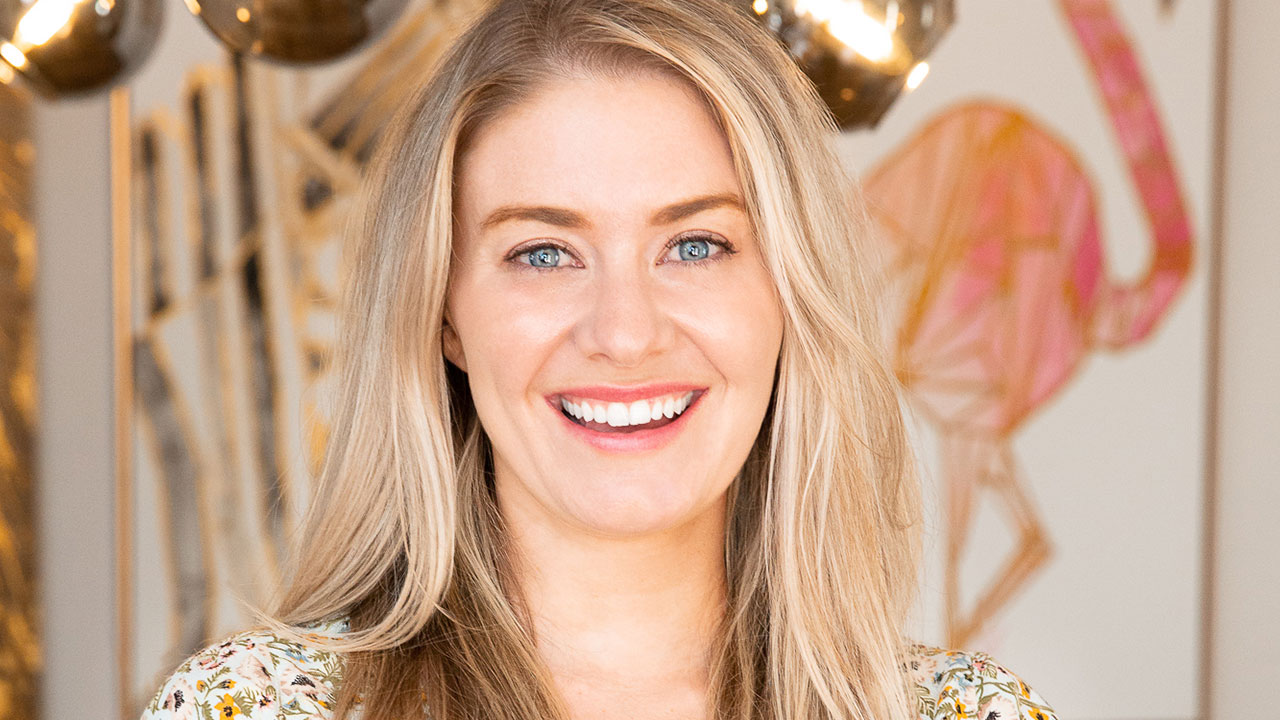

In the world of entrepreneurship, unexpected roots often give rise to innovative ventures. Kiki Freedman, the founder of Hey Jane, embarked on her entrepreneurial journey amidst the dynamic realm of Uber, following a stint in consulting. Today, her company is at the forefront of reshaping reproductive healthcare for women in an increasingly uncertain landscape. Reflecting on her journey, Freedman recalls, “I always had an entrepreneurial itch but wanted to focus the first part of my career on building out a solid foundation, so I went into consulting.”
After two years in consulting, Freedman joined Uber during its early days, an experience she describes as instrumental in understanding the intricacies of building a business. “I launched our operations in Kenya as a small team — just the two of us. Even though I was early in my professional journey, I had a hand in managing all aspects of the business: operations, marketing, regulatory, et cetera,” explains Freedman.
The allure of “wearing all the hats” motivated Freedman to seek more diverse responsibilities. “I spent a couple more year at Uber and then decided I was ready to try it on my own, but only if I found something I was incredibly passionate about,” she says.
Freedman enrolled at Harvard Business School, using environment to experiment with different ideas. The inception of Hey Jane took shape in the summer of 2019, spurred by the harsh reality of limited abortion access in Missouri. The company now offers a range of services, including medication abortion, birth control, and STD treatment, to women in more than 15 states who are over 18 and medically eligible. Reflecting on the catalyst for Hey Jane, Freedman shares, “We’re now in a post-Roe world, but nevertheless, it was disturbing. Simultaneously, we were seeing digital health companies primarily focusing on stigmatized issues in men’s health. I started thinking: ‘Is that a model for safe, discreet, affordable abortion access?’”
Freedman underscores the clear moral imperative that drove her to establish Hey Jane within the reproductive and sexual health care industry, where basic rights were actively being eroded. She emphasizes, “There was a clear moral imperative to build in the reproductive and sexual health care industry, as basic rights were actively being taken away.”
In the journey of launching and running Hey Jane, Freedman acknowledges the remarkable growth and learning it has brought. “It has been a continuous process of refining our approach, expanding our services, and reaching as many people as possible,” says Freedman. The company has played a pivotal role in providing a welcoming and nonjudgmental space for people to discuss their reproductive and sexual health needs openly.
Connecting with an incredibly diverse and passionate community has been one of the most rewarding aspects of running Hey Jane, according to Freedman, who says, “We’ve helped over 35,000 patients get the care they need and have received countless messages from people who have found comfort, empowerment, and guidance through our clinic.”
In navigating the entrepreneurial landscape, Freedman underscores the importance of having a vision while remaining open to exploring different paths. “Adaptability and the willingness to explore different routes have been key in my journey. They have allowed me to remain agile, learn from experiences, and make the most of the opportunities that come my way,” she states.
Transitioning from idea to execution, Freedman emphasizes challenging assumptions, intentional skepticism, and engagement with users and experts. With a penchant for optimism, she highlights the significance of making hypotheses clear, building in small, testable steps, and refining with confidence. “I love checklists!” she exclaims. “Seriously though, I think the best first step is to challenge your assumptions and try to figure out why something hasn’t been done before.”
As Hey Jane continues to expand its services and form new partnerships, Freedman envisions a future where health care transcends the clinical realm. “We’re working to create a clinic where health care means more than a rushed prescription from a dismissive provider. Instead, patients will be heard and validated at every step,” she envisions. “The goal is to provide access not only to the highest-quality clinical care but also to whole-person support, addressing the emotional and social burdens imposed by outdated approaches to healthcare.” Freedman concludes, “We are committed to this vision, knowing that with each step, we are helping to shape a more equitable and empathetic future














